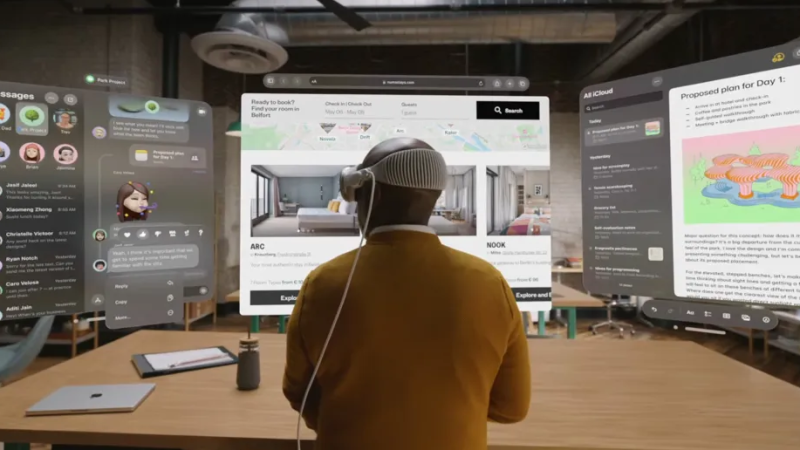
The history of consumer technology is littered with things that came and went. For whatever reason, consumers never really adopted the tech, and it eventually dies. Some of those concepts seem to persistently hang on, however, such as augmented reality (AR). Most recently, Apple launched its Vision Pro ‘mixed reality’ headset at an absolutely astounding price to a largely negative response and disappointing sale numbers. This impending market flop seems to now have made Meta (née Facebook) reconsider bringing a similar AR device to market.
To most, this news will come as little of a surprise, considering that Microsoft’s AR product (HoloLens) explicitly seeks out (government) niches with substantial budgets, and Google’s smart glasses have crashed and burned despite multiple market attempts. In a consumer market where virtual reality products are already desperately trying not to become another 3D display debacle, it would seem clear that amidst a lot of this sci-fi adjacent ‘cool technology,’ there are a lot of executives and marketing critters who seem to forego the basic question: ‘why would anyone use this?’
In the case of the Apple Vision Pro, the current debate is if augmented reality and spatial computing have any future at all, even as work on a Vision Pro 2 has been suspended. Meanwhile, Meta has decided to keep plugging away on its next VR headset (the predictably named Quest 4), as the VR consumer market so far is relatively healthy for a consumer product with limited mass-consumer appeal but with potential new use cases beyond games.
No comments:
Post a Comment